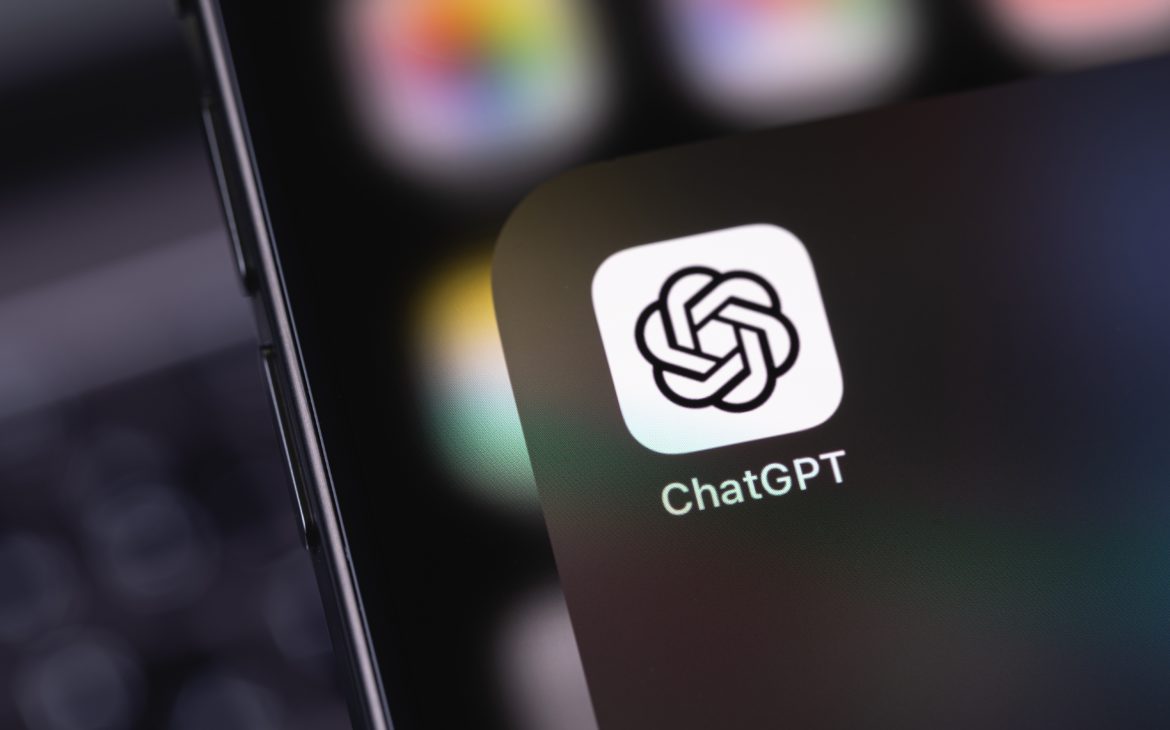With the introduction of group conversations, ChatGPT is no longer just a tool for individual queries; it becomes a digital space for teamwork. OpenAI says the goal is to help users make decisions together, exchange ideas and solve tasks collaboratively, while ChatGPT searches for information, compares options and summarizes key points in the background. The system supports up to 20 participants in a single chat and each user keeps their own privacy settings and memory, preventing unwanted sharing of personal data within the group.
The functionality goes far beyond planning trips or co-writing documents. OpenAI notes that group chats can also support more complex work such as research projects, small-team learning sessions or remote creative workshops. In these scenarios, ChatGPT acts as a moderator that can clarify misunderstandings, summarize discussions or introduce new ideas in real time. An additional benefit is the ability for participants to share files and tasks with one another, making group chats feel closer to full-fledged digital collaboration tools.
OpenAI says this is only the beginning. The company plans to expand group chats with more advanced tools, including improved task coordination and the ability to manage projects directly within the ChatGPT interface. The aim is to create an environment where people and AI models can work together with minimal friction without constantly switching between different apps.
In summary, group chats represent a natural but important shift in how ChatGPT is used. Instead of a simple “question–answer” interaction, users gain a platform for collaboration, discussion and shared creation. If these new features prove practical and easy to use, ChatGPT could become an essential tool for teamwork in both everyday and professional settings across all subscription tiers.
